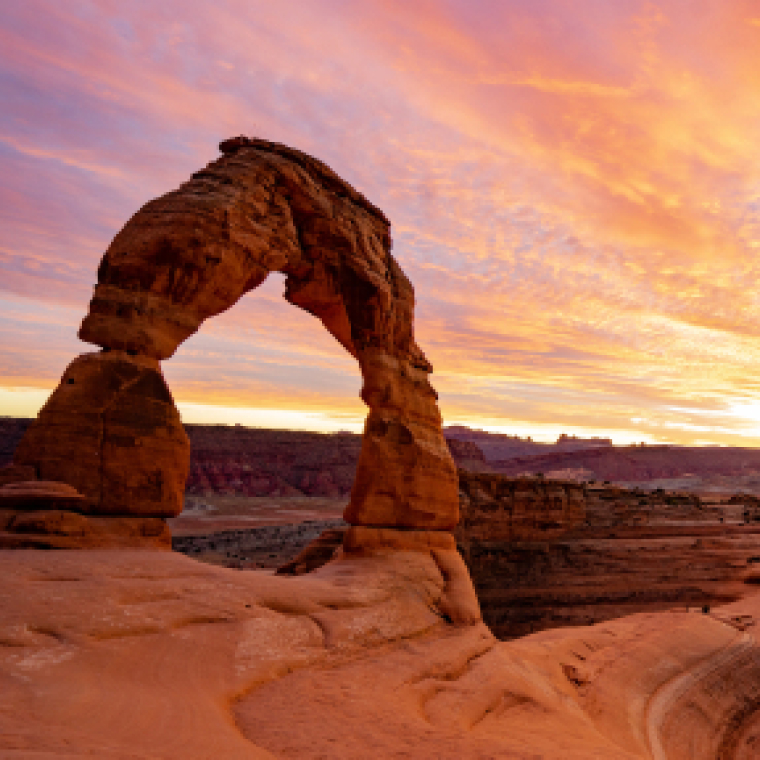Travel Tips
Discover all our best travel tips on destinations, rewards points, planning and more in podcasts, videos and articles.

Free Download
7 Secret Hacks I Use to Fly My Family Free
My insider tips from years as a global travel writer that my family of 4 uses to fly FREE using travel rewards.




